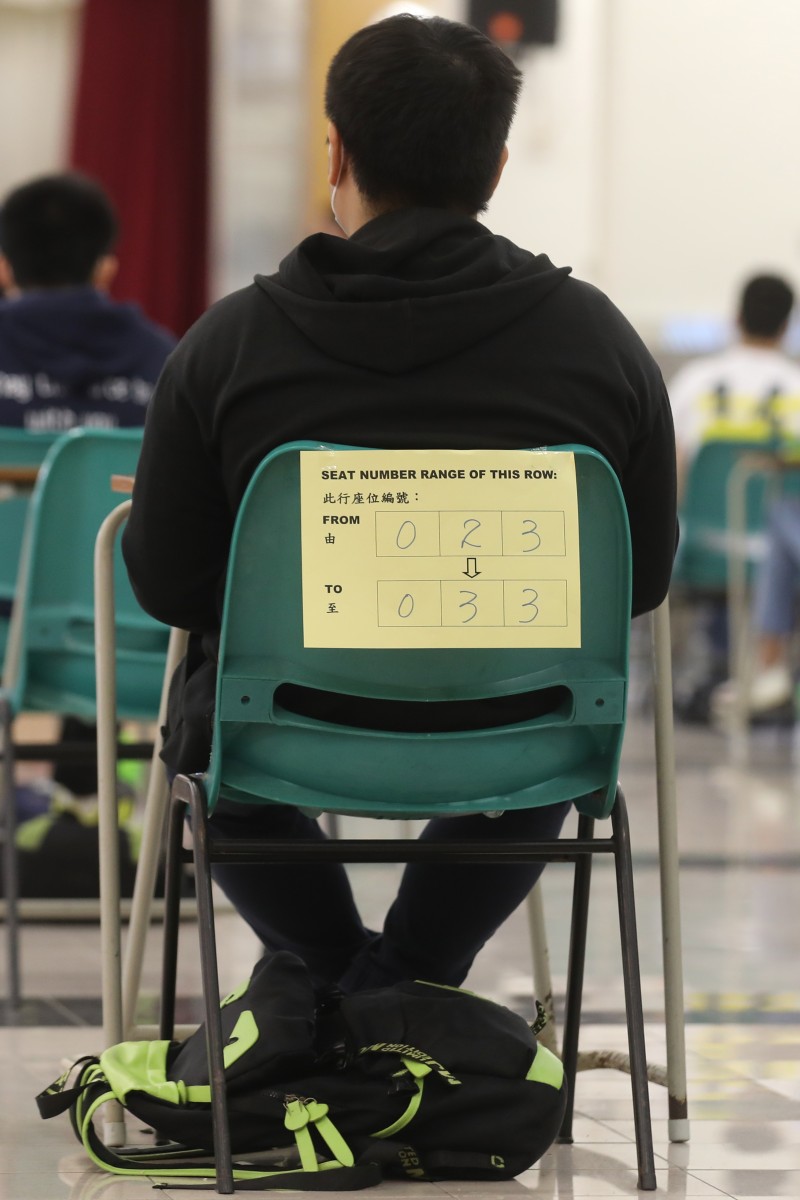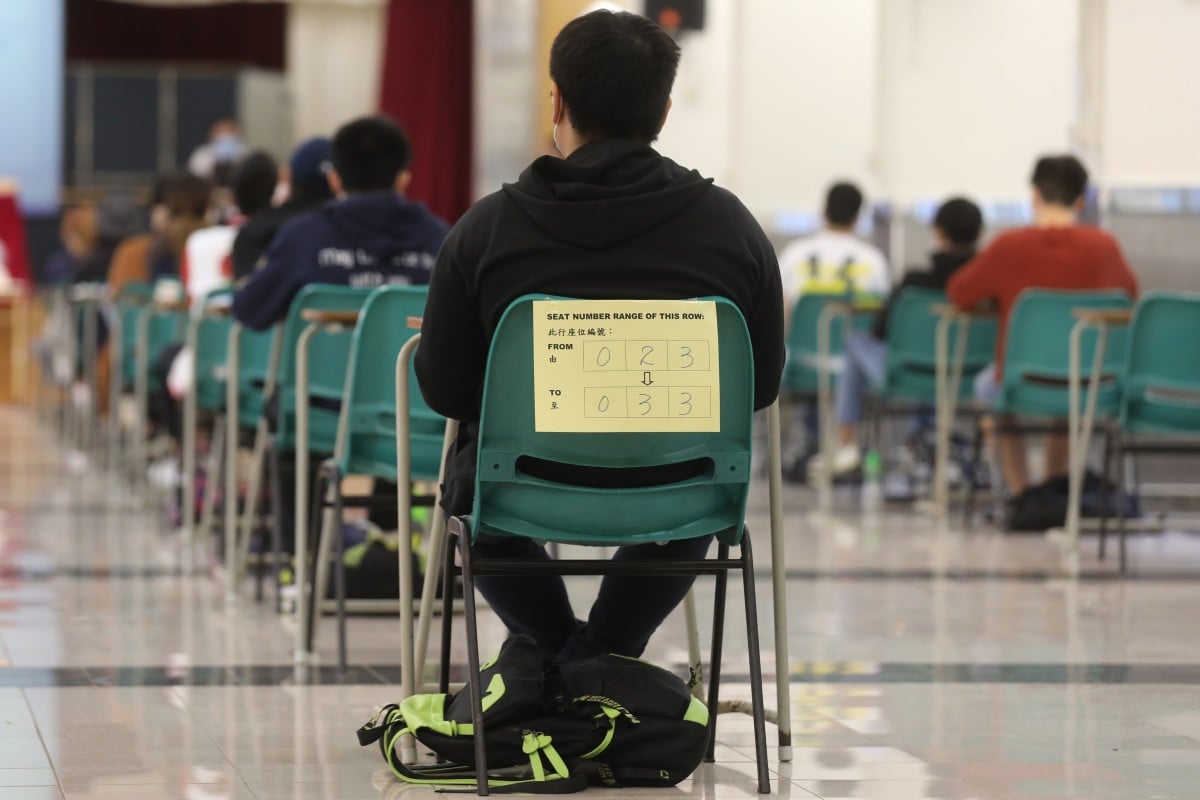
HKDSE 2020: Top test tips for the Physics exam
- Maximise your score in the public exam by revising more on the hot topics that appear every year
- Use a strategic approach to doing the multiple choice questions by completing easier ones first
 Secondary school students taking the Hong Kong Diploma of Secondary Education exam.
Secondary school students taking the Hong Kong Diploma of Secondary Education exam.The HKDSE Physics exam might be the least popular of the three major science subjects alongside chemistry and biology this year, but for the more than 10,000 candidates who will sit this exam on May 7, we spoke to Kings Glory Education tutor Dom Chan for last minute tips and tricks.
First off, the physics exam is more themed by topics unlike the other two science subjects and you may consider revising less on topics that are rarely tested.
Additionally, because you only need to pick two questions out of four in Paper 2, you can strategically spend less time on topics you are weak at and ignore those options if they come up.
How to study for the HKDSE, as told by top scorers at the University of Hong Kong
“Force and motion average around 14 per cent of the mark every year, they are key, ‘must know’ topics. Heat and optics from the junior secondary syllabus usually account for 20 per cent, while electricity takes up 11 per cent,” Chan said, when asked about good topics to focus on.
“If you know them all, that is a safe Level Three grade already. Add in energy, mechanics and radioactivity, then you might push it up to Level Four.”
The approach to handling multiple choice questions is also a way to optimise your efforts. “You don’t have to answer them in order. Answer the easy questions first, usually the ones on heat, optics and radioactivity.” he said, “Save your time for the hard questions, for example the ones on gas and magnetics. Do them last and guess if you really don’t have the time.”
“Also, spend 10 minutes checking your answers, but don’t check the hard questions.” Chan advised. “If you don’t know them, checking won’t help. Check the ones that are easy to make sure you didn’t make any mistakes.”
When it comes to mistakes, one of the most basic things to check for are units. “Remember to use the right units and don’t forget to add them to your answer,” he said, noting a common thing students miss is using Kelvin vs Celsius when measuring temperature.
“Also, keep your answers to three significant figures and don’t use fractions. It’s not written down, but it is a general rule to follow.”
He also suggests using a bit of caution during answer checking. “If the numbers seem too big or too small, there is usually a problem and you should check your calculations.” he noted, but he also reminded students it might depend on the topic. “If the question is in the heat section about cooking, use common sense. But if it’s about radioactivity, the numbers might vary.”
Present your answer as clearly as possible by listing all the steps in your calculations and writing down the formulas you use. “Think like a marker, you won’t give yourself points if you can’t understand your own answer.”
When you’re actually at the exam, make sure to read the information given to all candidates, such as sticking your barcode labels in the right place and follow all exam rules. He pointed out cases where students received penalties for not labelling their papers, or taking pictures of themselves in the exam hall.
Chan’s final piece of advice for students taking the exam during these trying times is to stay positive, focused and remember that this was only one stepping stone to the future, and doing poorly is not the end of the world. “Don’ focus on the negatives and give up. Give it your best shot and leave no regrets behind.”
